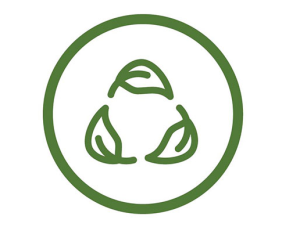The project at a glance
-
Start date:01 Jun 2025
-
Duration in months:36
-
Funding:University of Luxembourg – Institute for Advanced Studies (IAS)
-
Principal Investigator(s):Harlan KOFFRachel RECKINGER
About
Mainstream industrialized markets have widespread unsustainable social, economic, political, and environmental implications (De Schutter, 2017), which permeate food systems worldwide. These systems are typically governed through regulation of the parts that deal directly ‘with’ food, i.e. input supply, agricultural production, technology, etc. The parts of food systems that revolve ‘around’ food, such as trade, finance, education, etc. are often less regulated and not seen as fundamental parts of these systems (Reckinger et al., 2022). This usually reinforces policy siloes and above all, maintains the unsustainable characteristics of global food systems that undermine distributive justice, such as concentration of power, prioritization of economic profitability, exploitation of food workers and the further depletion of already inequitably accessed resources. These inequities have perpetuated a system characterized by long supply-chains, mass production and overabundance in some places while other regions are characterized by scarcity, malnutrition, hunger. These traits are the logical consequence of a regime where care for people (in terms of accessibility, affordability nutrition and cultural appropriateness of food) and for the planet (in terms of soil health, biodiversity preservation, water stewardship, etc.) are not central, undermining defining commitments in the 2030 Agenda for Sustainable Development. Similarly, production subsidies and supply chain supports contribute to accelerated climate change and unhealthy consumption in many parts of the world. Food systems lack balance and scholarship acknowledges that this is caused by incoherent policy frameworks for sustainability. What’s more, the segmented focus on hunger without addressing underlining systemic inequalities focalizes political attention on food security, which pits the need for increased food production against localized, values-based sustainable practices. This proposed project addresses these challenges through the implementation of a policy coherence for sustainable development (PCSD) approach. Framed within the transformative sustainable development that defines the Sustainable Development Goals (SDGs), this proposal responds to three inter-related research questions: 1) what properties characterize a(n) (un)sustainable food system?, 2) what mechanisms can be identified to promote transformative change in socio-ecologically complex food systems? and 3) what policy innovations are needed to attain socio-ecological sustainability in food systems?
Organisation and Partners
- Department of Geography and Spatial Planning
- Faculty of Humanities, Education and Social Sciences (FHSE)
- Department of Humanities (Faculty of Humanities, Education and Social Sciences (FHSE))
Project team
- Harlan KOFF, PI
- Rachel RECKINGER, PI
- Vivian Valencia , Project member, Bishop’s University, Québec (external)
